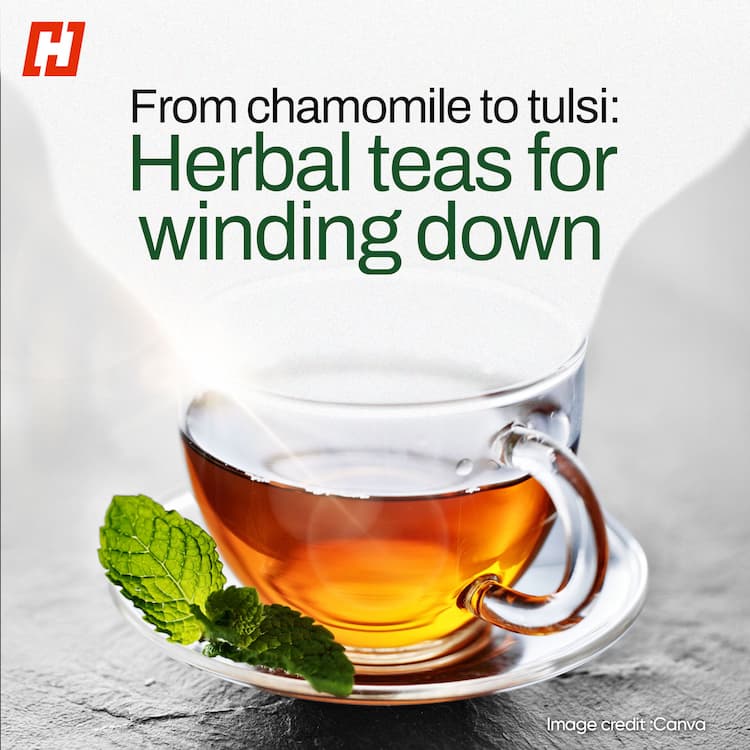Every year, May 28th marks Menstrual Hygiene Day, a global movement aimed at raising awareness and promoting good menstrual health practices. The date is symbolic May is the 5th month, representing the average five days of bleeding and 28 mirrors the average length of the menstrual cycle. In 2025, the theme is "Together for a #PeriodFriendlyWorld", calling for collective action to make menstruation safe, accessible, and stigma-free.
Why menstrual hygiene still matters in 2025
Despite progress, menstruation remains a challenge for many, especially in low- and middle-income countries. According to the 2019–21 India National Family Health Survey, 78% of women aged 15–24 use hygienic methods for menstrual protection this includes sanitary napkins, tampons, menstrual cups and locally made pads. Among these, sanitary napkins are the most commonly used with 64% relying on them. However, alarmingly, around 50% of young women in India still use cloth during their periods—a practice that can be unhygienic and pose serious health risks.
Not ek chutki, here's how much sunscreen you should actually be applying
The rise of innovative period products
In recent years, the conversation around menstruation has shifted from taboo to tech-savvy. Brands are responding to the call for comfort, sustainability, and dignity. Period-proof underwear, reusable pads and menstrual cups are becoming mainstream choices. These products offer not only environmental benefits but also long-term affordability and discretion.
The growing popularity of these alternatives reflects a wider cultural change menstruation is no longer hidden, it's acknowledged and accommodated. With influencers, educators, and activists advocating openly, the narrative around periods is becoming inclusive and informed.
A period-friendly world: More than just products
Creating a period-friendly world goes beyond just providing access to menstrual products. It involves policy changes, school-based menstrual education and community-level awareness. Public toilets must be equipped with disposal facilities, schools need to offer safe spaces, and homes must foster openness about menstruation.
From workplaces offering menstrual leave to schools teaching body literacy, every step counts toward normalizing what is a completely natural biological function.
Tax reform and accessibility
One landmark victory was in July 2018, when the 12% GST on sanitary napkins was scrapped in India. This move aimed to make menstrual products more affordable, though concerns remain about high taxes on raw materials, which still affect retail pricing. Nevertheless, it was a critical shift in acknowledging menstrual products as essential, not luxury items.
Together, let’s make periods normal
As we observe Menstrual Hygiene Day 2025, the call to action is clear: normalize, support, and innovate. A #PeriodFriendlyWorld is not just possible, it’s necessary. And it begins with awareness, empathy, and collective responsibility.






